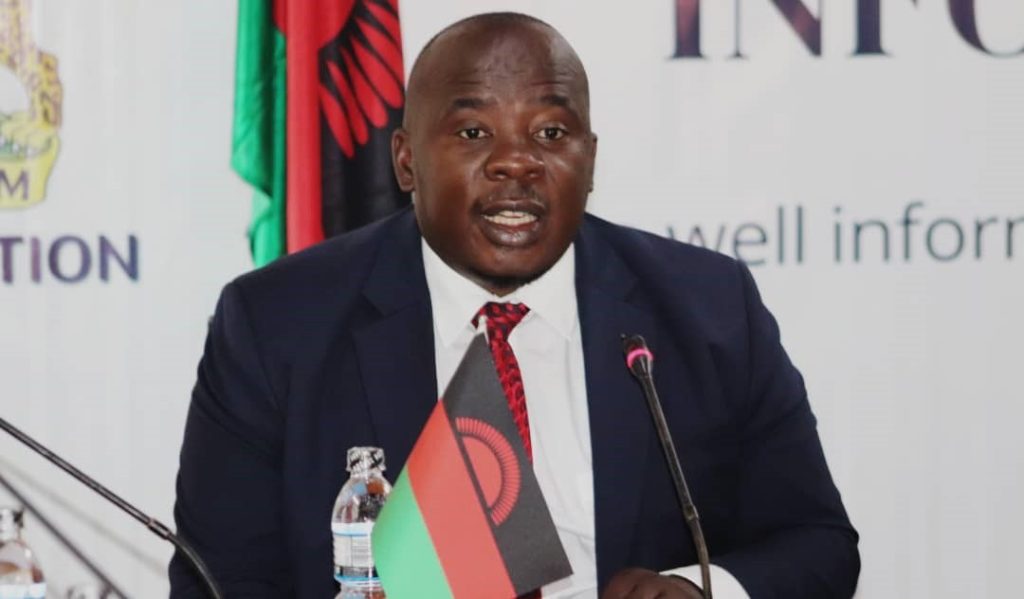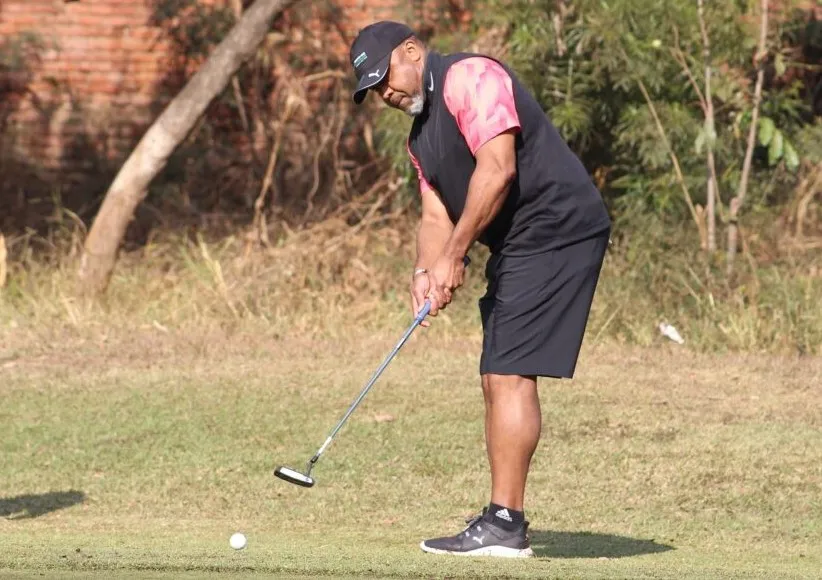Four stadia turning into white elephants
At least four of the country’s recently-constructed stadia are turning into white elephants as they are hardly used despite the government investing close to K2 billion for their existence.
Government prioritised construction of Nthalire Stadium in Chitipa, Mangochi, Rumphi and Balaka stadia for their respective communities to access standard sports facilities and as an alternative revenue collection base by hosting elite football matches.

For instance, it has been over two years since the K400 million Nthalire Stadium was completed and handed over to Chitipa District Council, but it is yet to start bearing fruit with TNM Super League side Chitipa United FC opting to use the neighbouring Karonga Stadium as its home ground. The district is also waiting for the completion of Chitipa Stadium.
Other Chitipa-based teams that play in the second-tier league in the Northern Region Chitipa White Movers FC and Chitipa Garage FC also use Karonga Stadium as their home ground.
Chitipa District Commissioner McMillan Magomero yesterday described Nthalire Stadium’s situation as a big blow.
“Football teams in the district are pushing us to complete the construction of Chitipa Stadium yet we already have another good stadium in Nthalire, which stands idle,” he said.
Football Association of Malawi (FAM) second vice-president Lameck Khonje admitted that Nthalire Stadium, which has similar outlook as Karonga Stadium, can equally host elite football games.
But Chitipa White Movers general secretary Isaac Sikapita confessed that they shun Nthalire Stadium for a good reason.
“The stadium is nice, but the road network to the facility from Chitipa Boma, where we are based, is very poor and is impassable, especially during rainy season,” he said.
“We also opt for Karonga Stadium because it is closer to us. We travel at least 90 kilometres [km] to play in Karonga, but Nthalire Stadium is 120-km away. That’s a big setback.”
Mangochi Stadium is also not hosting high-profile matches since it was handed over to the council in 2015 and the district’s committee chairperson Darwin Nhlane said the absence of an elite league side in the district could be the reason.
“Since the stadium was completed, more money has been used to maintain the facility with less generated,” he said.
As for Balaka Stadium, the facility is no longer the centre of attraction to football lovers since it stopped hosting Super League matches after Zomba-based Red Lions FC was relegated from top-flight football last season.
“When the facility hosted Super League games, we got a substantial cut from gate revenue, which we used for maintenance works. Now, that is history since Red Lions were relegated,” Balaka stadium manager Fatsani Douglas said.
Businessperson Owen Mkandawire, who owns a grocery shop close to the facility, said he was making good sales whenever the stadium was hosting Super League games, but now his business has gone down.
Rumphi District Council director of planning and development Frank Mfune said the absence of competitive games at Rumphi Stadium defeats the council’s expectations of boosting its revenue collection base.
“The absence of Super League games and other competitive sporting activities at the facility has rendered the stadium useless,” he said.
Soccer analyst George Chiusiwa said Super League teams should cast their net wider by also playing their matches in remote areas such as Nthalire, where soccer fans are eager to watch elite games.
“Playing in places such as Nthalire can attract more crowds and realise more revenue. The teams should think of playing in rural areas than cities or towns,” he said.
He added that the Ministry of Local Government should take the councils to task on strategies they put in place to ensure optimal use of sports facilities in their fold.
Minister of Local Government Richard Chimwendo Banda said while they anticipate councils to raise revenue through the provided stadia, it is sad that teams are shunning their usage.
“I will make a proper follow up with respective councils, but we expected the stadia to be fully used and generate revenue for the councils,” he said.






tpcl7o